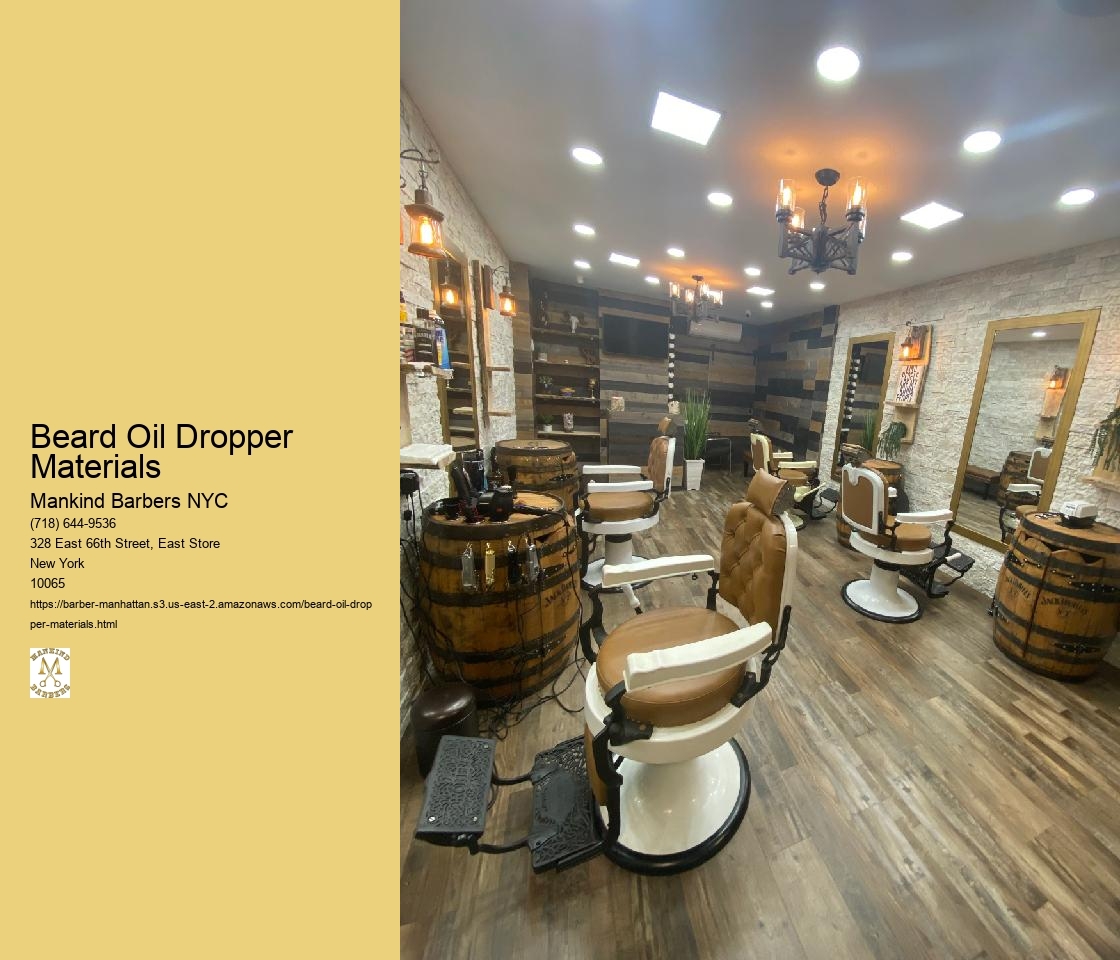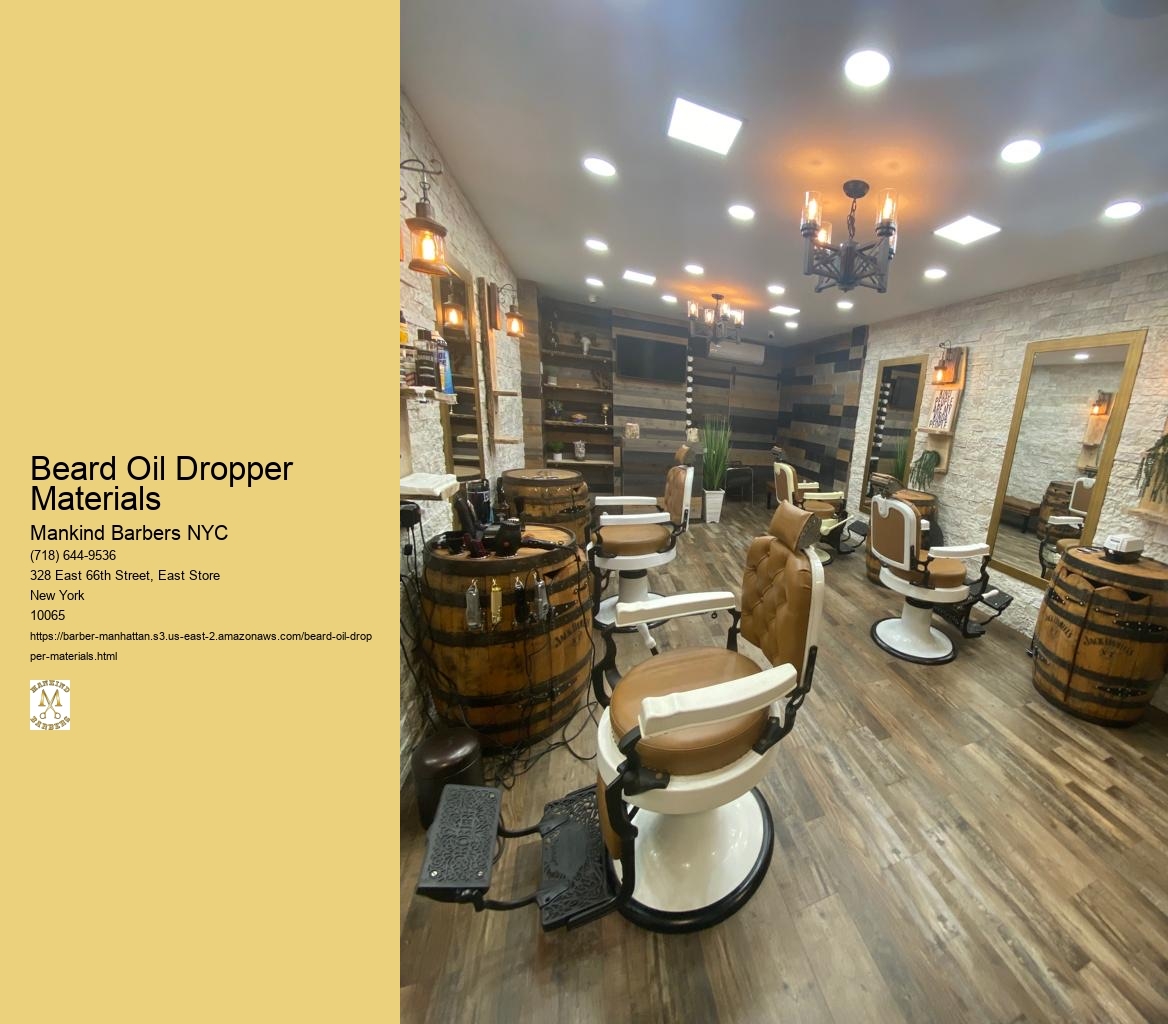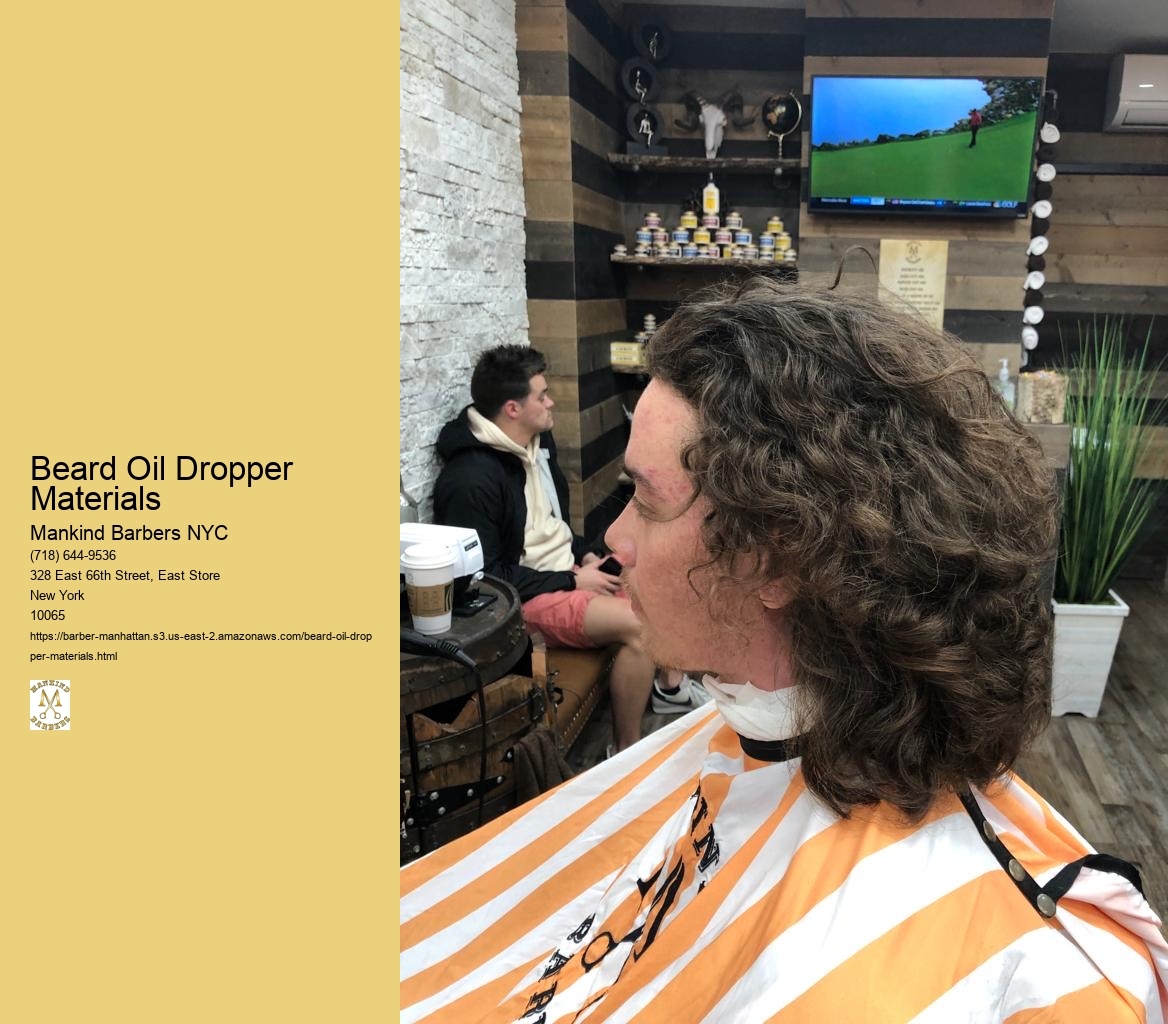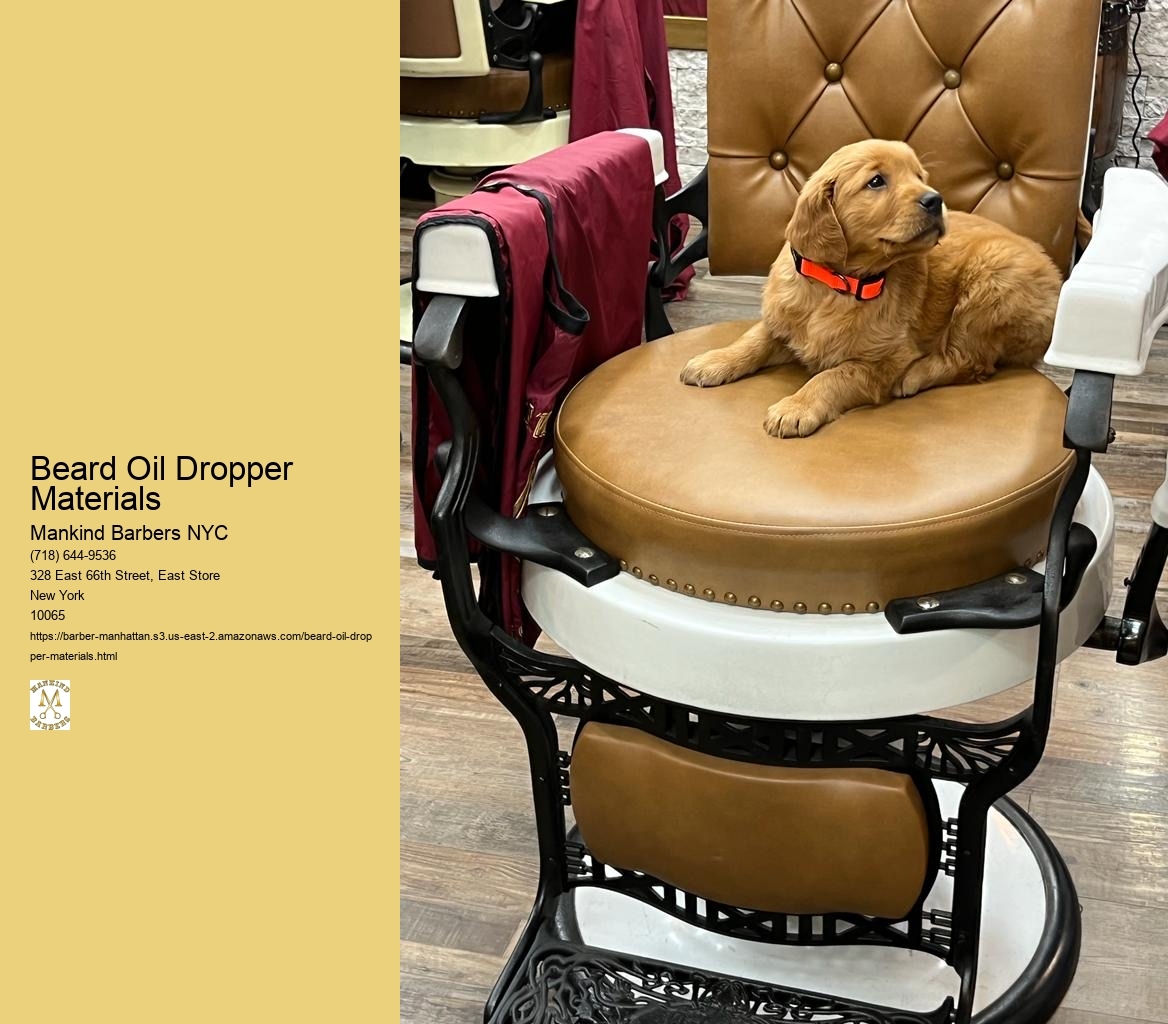

When selecting carrier oils for beard oil droppers, it's essential to choose those with high absorbency and nourishing properties. Some of the best carrier oils for this purpose include jojoba oil, argan oil, and grapeseed oil. These oils are rich in vitamins, antioxidants, and fatty acids, which can deeply penetrate the hair and skin, promoting hydration, softness, and overall health. Additionally, oils such as sweet almond oil and coconut oil are also popular choices due to their lightweight nature and ability to moisturize without leaving a greasy residue.
Determining the ideal viscosity of beard oil droppers is crucial for achieving the perfect balance between easy application and effective coverage. Hair Masks for Men A viscosity that is not too thick nor too thin ensures that the oil can be evenly distributed across the beard and skin without feeling heavy or runny. To achieve this, it's recommended to blend carrier oils with different viscosities, such as combining thicker oils like castor oil with lighter oils like jojoba oil, creating a well-balanced and easily applicable beard oil.
The most common essential oils used in beard oil droppers include cedarwood, sandalwood, tea tree, and peppermint. These essential oils contribute to promoting healthy beard growth and conditioning in various ways. Cedarwood and sandalwood oils are known for their calming and moisturizing properties, while tea tree oil has antibacterial and antifungal benefits, helping to keep the skin beneath the beard healthy. Hairbrushes and Combs for Men Peppermint oil can stimulate blood flow to the hair follicles, promoting hair growth and providing a refreshing sensation.

When formulating beard oil droppers, it's important to avoid specific natural ingredients that may cause irritation or adverse reactions on sensitive skin. Hair Accessories for Styling (e.g., hair ties, headbands) Ingredients such as synthetic fragrances, alcohol, and chemical preservatives should be avoided, as they can lead to dryness, redness, or allergic reactions. Additionally, individuals with sensitive skin should steer clear of oils with high comedogenic ratings, such as coconut oil and wheat germ oil, as they may clog pores and exacerbate skin issues.
The recommended frequency for using beard oil droppers to maintain a well-groomed and healthy beard without over-saturating the hair and skin is typically once or twice a day. Applying a few drops of beard oil to the fingertips and then massaging it into the beard and skin can provide the necessary hydration and nourishment. Hair Serums for Men However, individuals with drier or coarser beards may benefit from using beard oil more frequently, while those with oilier skin and finer hair may find that using it less often is sufficient.

Properly storing beard oil droppers is essential for preserving their potency and preventing degradation of the oils over time. Conditioner for Men It's best to store beard oil in a cool, dark place, away from direct sunlight and heat, as exposure to light and high temperatures can cause the oils to degrade and lose their beneficial properties. Additionally, keeping the bottle tightly sealed when not in use can help prevent oxidation and maintain the freshness of the oils.
The key differences between beard oil droppers and beard balms lie in their compositions and purposes. Beard oil droppers are primarily designed to moisturize, condition, and soften the beard and skin, utilizing a blend of carrier oils and essential oils. On the other hand, beard balms typically contain a mixture of butters, waxes, and oils, providing a more substantial hold and shaping capability in addition to moisturizing properties. When determining which product is best suited for their grooming needs, individuals should consider their beard's length, texture, and the level of hold and conditioning they desire.

When selecting a lightweight hair gel for men with short hair, it's essential to consider the specific needs of short hair, such as texture, volume, and hold. Look for gels that are labeled as "lightweight," "non-greasy," or "low-residue" to ensure that they won't weigh down the hair or leave a sticky feeling. Opt for products that offer flexible hold, texture enhancement, and easy application. Consider gels with ingredients like aloe vera, glycerin, or hydrolyzed proteins, as these can provide nourishment and moisture without adding heaviness. Additionally, seek out gels that are formulated for short hair or fine hair, as they are designed to provide the right level of control and definition without overwhelming the hair. It's also beneficial to choose a gel that is easy to wash out and won't leave behind any buildup. By considering these factors, men can find a lightweight hair gel that meets the specific needs of their short hair while providing the desired styling effects.